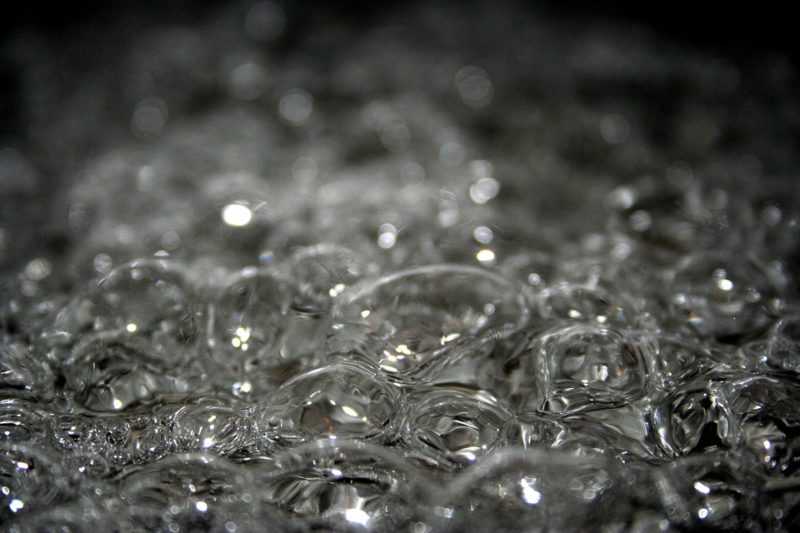Have you ever wondered how to choose a water heater? No more worries, you have arrived at the right place. Whenever choosing a new heater for the house, look for something that will supply sufficient warm water while also being eco-friendly.
Examine the many forms of water heaters offered and the size and source of fuel that is best for one house. Nothing beats an excellent soothing warm shower that relieves the muscles throughout the cold months.
Among the most important home appliances is the water heater. Whenever it concerns acquiring a new heater for the house, though, you must make an informed decision. Heaters use a lot of power, so if you do not even choose the appropriate one, it will put a big dent in the wallet and leave you with heavy electric bills. Continue to reading to learn more!
Check The Water Heater Capacity Before Choosing
The tank water heaters have a capacity of 45, 55, or 60 gallons. Whatever volume you purchase is related to the number of living persons who reside in the house & your maximum water consumption. In a typical workday, a large family may take numerous baths, operate the dishwashing, plus launder a load or three of clothes, using up to 75 gallons of heated water. However, that would not imply that the family requires the 100-gallon water tank.
Because heaters wouldn’t store a lot of water, the gallons-per-minute rating would be the one to check for (GPM). This figure indicates how often heated water the heaters can produce in a certain length of time. The more GPM a unit has, the more warm water this can give. You’ll need to use the tankless heater with a greater GPM if you have a large household and several toilets, and you will quickly understand how to choose a water heater if you check the heater’s capacity.
Types Of Water Heaters To Choose From
There seem to be numerous options based on how much-heated water you consume and also how you heat the water. Specific versions are said to lower energy expenses in half than traditional storage methods. However, because of the additional up-front expenditures, the payback may be longer. Nobody likes being greeted with an icy shower first thing in the morning. Whenever a water heater breaks down, most owners would like to fix the issues as quickly as possible and at a reasonable cost. Choosing a suitable heater for the house necessitates the same amount of knowledge and study as selecting a primary home purchase. Here is some more on each of the five different water heaters.
#1. Tankless water heaters
Tankless water heaters utilize heated modules to heat water as needed instead of conserving it. These heaters use less power than a holding tank and only produce a small bunch of hot water each minute—around 3 gallons, dependent on intake water temperatures. They’re excellent for those who don’t use water for even more than a purpose at the moment, such as operating the washing and showering simultaneously. Tankless types are ideal for houses that heat their water with gas; electric variants may necessitate a costly update to a home’s electrical capability. Know how much is a tankless water heater.
#2. Tank water heaters
The most popular form of water heater is a type of storage. They comprise an insulated box wherein heat is applied and kept until it is required, after which it exits through a tube on top of the heater. The pressure relief valve and temperature are also included, which emerges if either reaches a certain threshold. The gas water heaters consume 1⁄2 the cost and energy half as much to operate as water heaters that use electricity. In contrast, gas versions are more expensive at the moment of buying.
#3. The heat pumps water heater
Heat pumps may be used to heat the house a residence and heat and chill water. Such heaters utilize power to transport heat from one area rather than create it immediately. Heat exchanger pump water heaters absorb hot air and transfer it to a more excellent storage tank.
#4. Solar water heaters
Inside a shuttered machine that functions to the water tank, a ceiling cell captures the incident solar radiation and converts this to an antifreeze-like liquid. The most extraordinary offer excellent summer savings, rendering them appealing in hot, sunny climates. On cold and foggy nights, though, saving diminish. Most models include a reserve mechanism that turns in when it’s required. Also, with state and federal incentives, the cost of buying and installing a solar system can take 3 to 10 years to recuperate. You can also check what is a solar pool heater and how to make a solar water heater.
#5. Condensing water heater
When users heat using gas and require a device with such a volume of much more than 50 gallons, consider a condensing heater. Such types contain tanks similar to a traditional heater, but they trap exhaust air that otherwise would have been wasted by going out the chimney. Such gases are blasted throughout a circuit at the department’s base, in which the entering ice water absorbs the heat.
It’s A Wrap!
We are delighted to know that you have learned how to choose a water heater; selecting a water heater is not a difficult task if you correctly understand your daily household demands; we discussed various types and the capacity of water heaters so you can easily choose any of them to fulfill your needs. Thank you, friends, for reading this article till the end!

